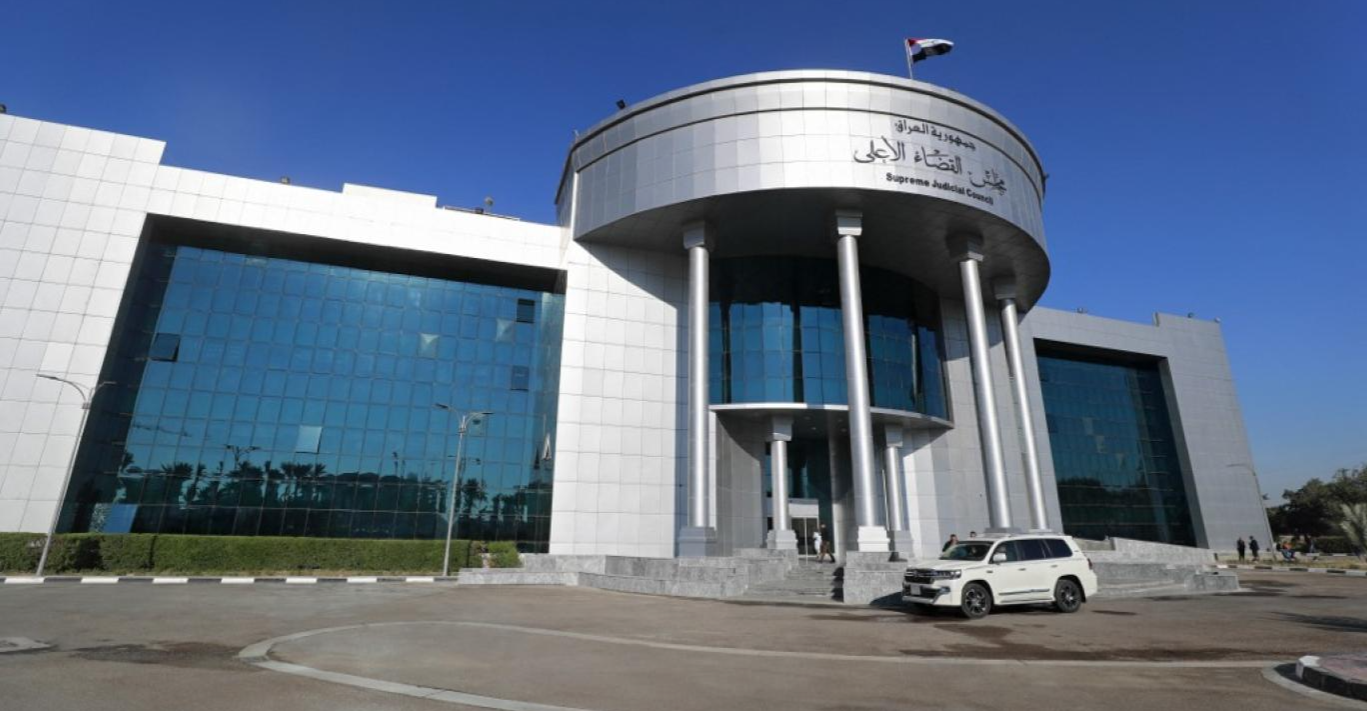From inside the Federal Court: A deputy is likely to return the three controversial laws to parliament
From inside the Federal Court: A deputy is likely to return the three controversial laws to parliament
2025-02-11 00:54
 Shafaq News/ On Tuesday, Raed Al-Maliki, a member of the Parliamentary Legal Committee, expected that the Federal Supreme Court would issue a decision to invalidate the session of the Council of Representatives in which the three controversial laws were voted on, and to return those laws to Parliament for re-voting.
Shafaq News/ On Tuesday, Raed Al-Maliki, a member of the Parliamentary Legal Committee, expected that the Federal Supreme Court would issue a decision to invalidate the session of the Council of Representatives in which the three controversial laws were voted on, and to return those laws to Parliament for re-voting.
Al-Maliki told Shafaq News Agency: “We are currently in the waiting room at the Federal Supreme Court, waiting for the trial session to be held to resolve the submitted lawsuits.”
He pointed out that “some of the appeals submitted relate to the voting session on (serious laws) and its procedures, and other appeals relate to paragraphs of the laws that were voted on in the House of Representatives session.”
He explained that “the decision of the Federal Court in today’s session will settle the matter, and if it goes in the direction of invalidating the parliament session and its procedures, the three laws, the general amnesty, personal status, and returning properties to their owners, will return to parliament and be voted on again.”
Al-Maliki said, “The court will look into the procedures and issue its ruling on the constitutionality or unconstitutionality of the voting session on the three laws,” stressing that “the current atmosphere confirms the resolution of the appeals submitted against the laws, and most likely the court will annul the session and procedures and return the laws to Parliament.”
Last Tuesday, the Federal Court issued a federal order to stop the implementation of the three laws, personal status, general amnesty, and real estate, approved by the House of Representatives. However, this order was met with widespread rejection by Sunni political forces, and to a lesser extent Kurdish ones.
The Iraqi Supreme Judicial Council ruled last Wednesday that it is not permissible to stop the implementation of laws that are legislated by the House of Representatives before they are published in the Official Gazette, while it considered the law amending the Personal Status Law and returning properties to their owners to require delaying the issuance of any decision related to them, stressing that the courts in the country are obligated to implement the general amnesty law.
As of Thursday, the courts in the Iraqi governorates began implementing the amendment to the general amnesty law in accordance with its provisions and the instructions issued by the Supreme Judicial Council in this regard, despite the objection of the Federal Supreme Court, the highest judicial authority in the country.
The Iraqi Parliament session on January 21 witnessed the passing of “controversial laws” including amending the general amnesty law, amending the personal status law, and the law to return properties to their owners in Kirkuk.
The session also witnessed the collection of signatures to dismiss the Speaker of the Council, Mahmoud Al-Mashhadani, in protest against the voting mechanism, which some representatives considered a violation of constitutional procedures.
shafaq.com
